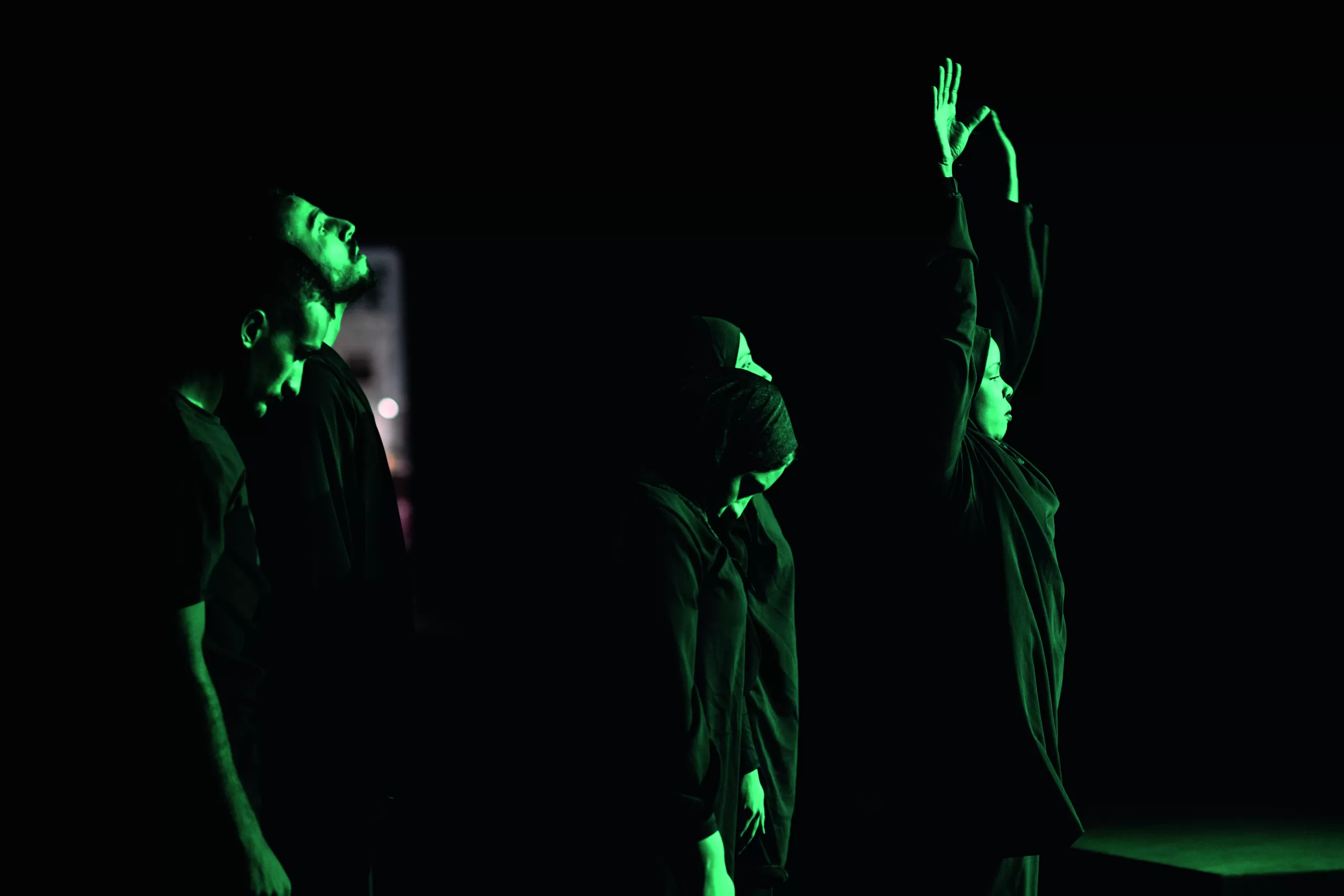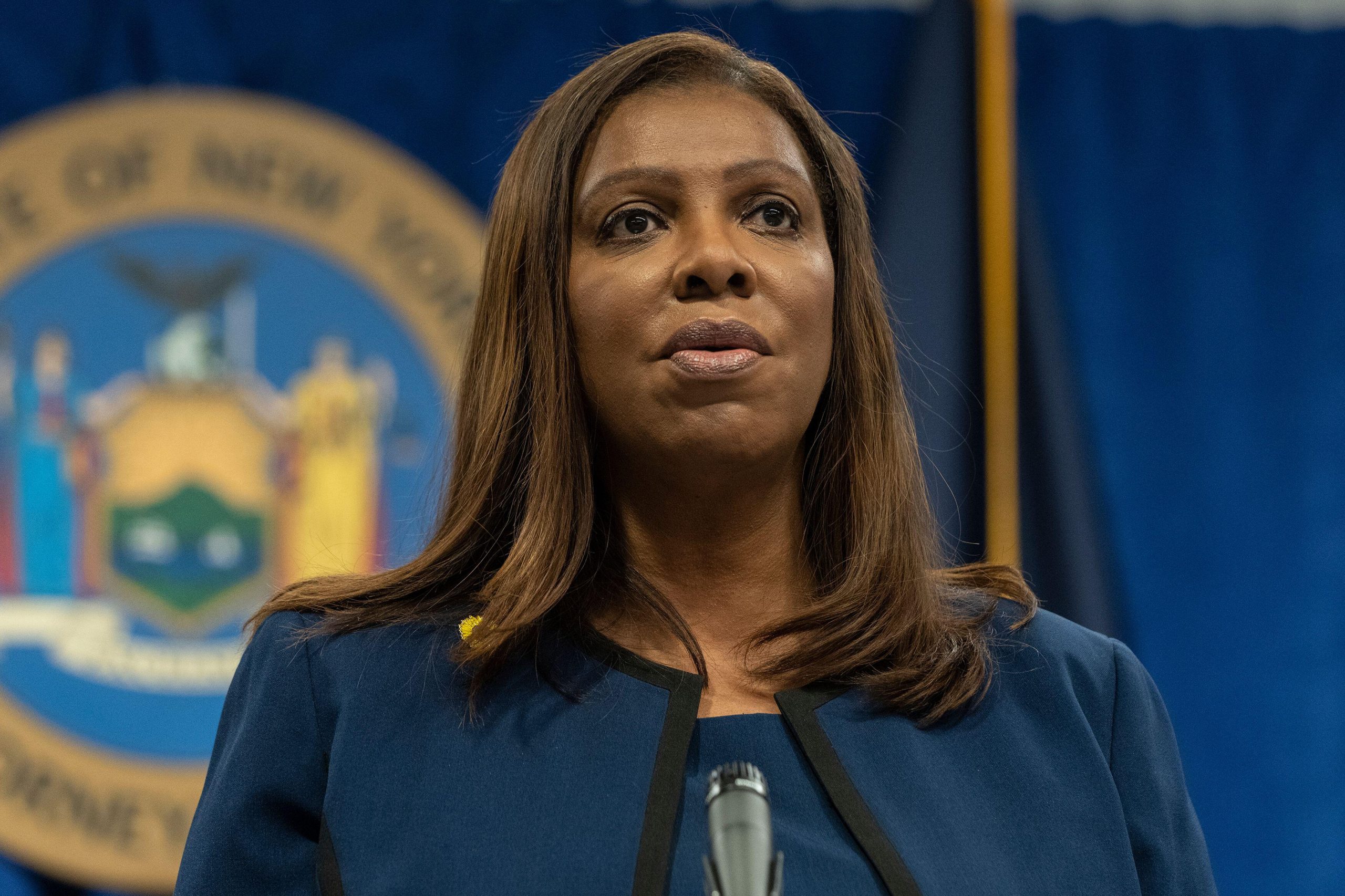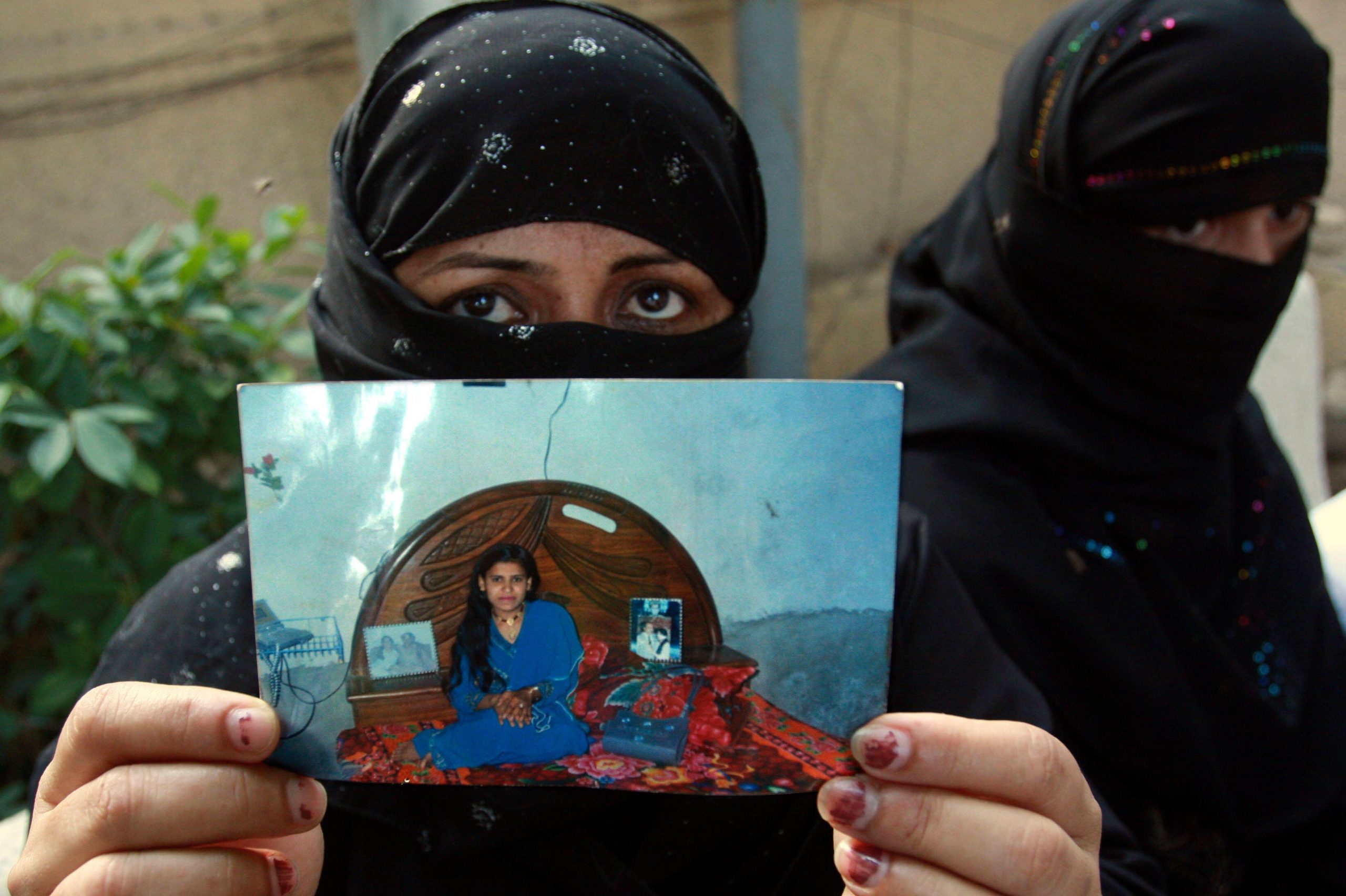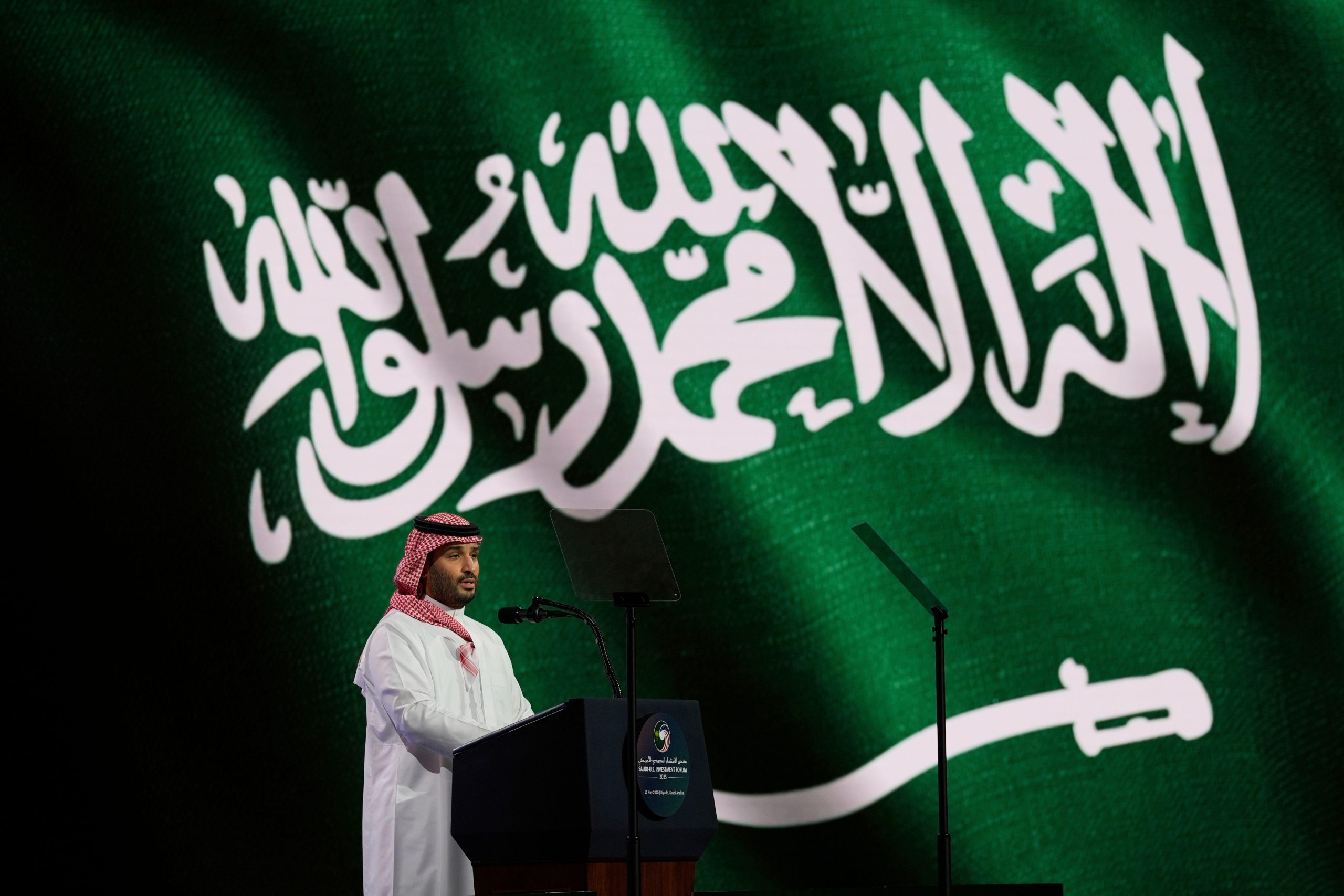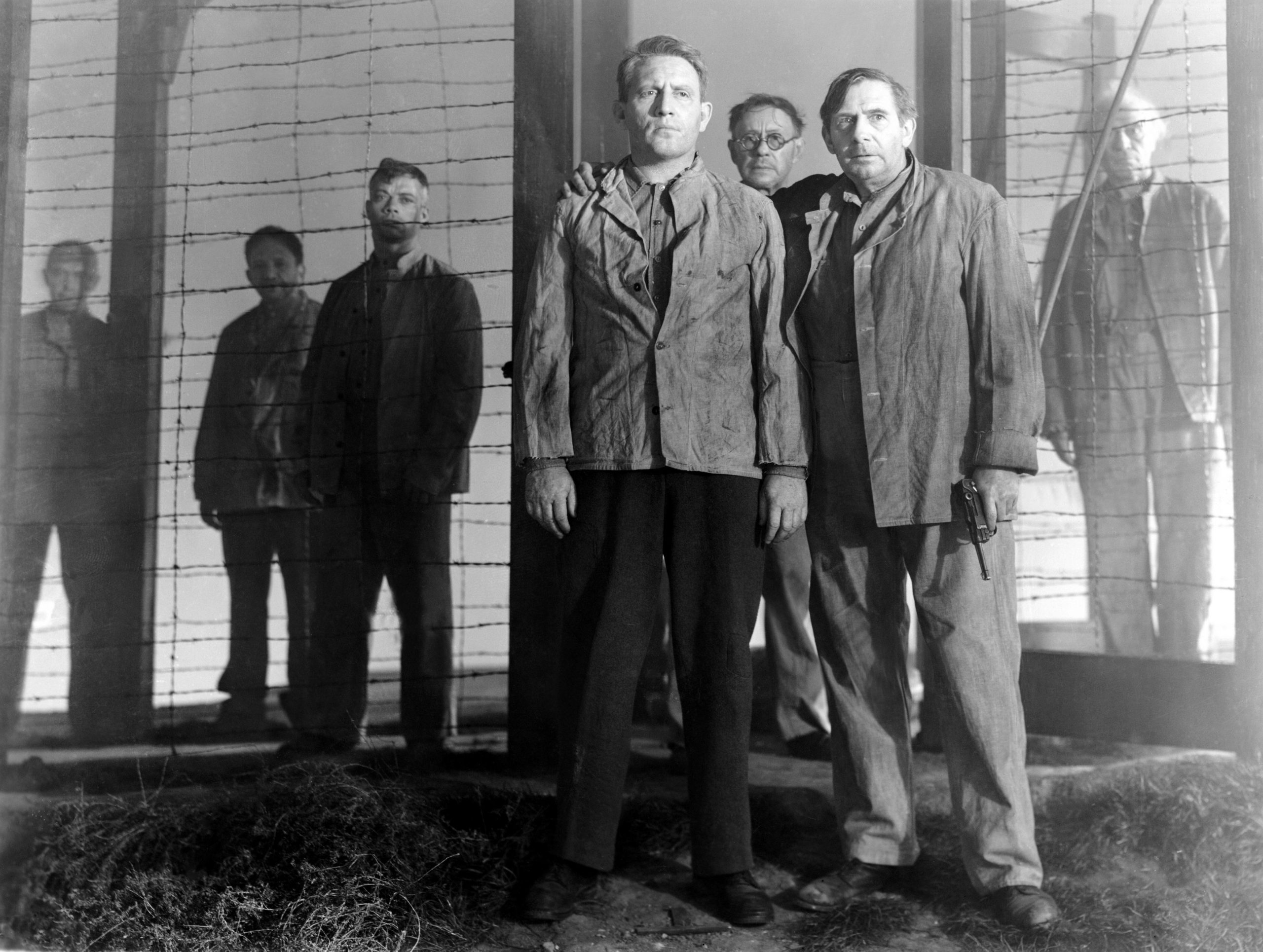They emerge very slowly from a black hole in the background. Men and women, their faces tired, all take heavy steps. Some are dragging a bag, others have mattresses and household objects. The stage is lit in green and red, illuminating the young actors and dancers one by one, emphasising their individual suffering. The music – rapper Hijazi’s remix of the traditional Palestinian choral song Tarweeda Shamaly – repeats in a hypnotic loop to tell us that, for 70 years, the story of Palestinians has always been the same: moving forward in an exhausting and constantly uprooting process. The Palestinians call it Nakba and this dance-theatre show named The Story is Sick by the Ayyam al Masrah company, the only one active in the strip, was performed just over a year ago live in Gaza. It was a performance like no other which I saw on a reporting mission to the strip. Today it seems to rise again in tragic reality, after 7 October 2023.
The theatre has been destroyed now and no longer exists. The cast and crew have paid a horrific price for living in Gaza. Of the company’s 20 or so actors, aged between 20 and 35, many are displaced in Deir al-Balah. Only one, the stage technician, Ahmad Gheidar, decided to stay in Gaza, risking his life; a couple of actors, Mohannad and Lina, got engaged, left Gaza and did everything they could to escape to Egypt; three have died with all their families. None of the members of the company have a home to return to; their houses are all destroyed. The only thing left to the actors of Ayyam al Masrah is theatre, as the artistic director of the company, Mohammed al-Hessi recalls, constantly disturbed in the background by the buzz of Israeli drones.
For al-Hessi himself it was unimaginable that one of the play’s characters – a Palestinian, forced to abandon his home in 1967 and wander through refugee camps in the region – would be his reality a year later. Displaced from Gaza City after the Israeli bombings of November 2023, he and his wife and three daughters are searching for a fourth refuge, after Khan Younis, Deir al-Balah and Rafah.
“I am very worried,” he told Index in a series of daily voice messages that continue a dialogue that has already lasted more than six months. “There are thousands of people who continue to move by cars and donkeys like us. After being shot in the back and miraculously unharmed, I spent two months on Rafah beach in al-Mawasi. Here, at times I hoped to end it all. The cold in February was excessive and we tried to survive by somehow diluting the salty sea water for drinking. I was morally destroyed by the impossibility of giving a dignified life to my wife and my daughters, but I didn’t believe I would be forced to move again and again to get away from the bombings that reached us as far as the south of the strip”.
Al-Hessi’s fate is also that of a man unafraid to speak truth to power: inconvenient for Israel, to the point of not being able to leave Gaza for seven years now, because he raises political issues in his plays and is not afraid to highlight the impact of the Israeli occupation on Gazans’ daily life; inconvenient for Hamas because the theatre company has been the only one on the strip since 1995 that does not bow to the local powers that be. He has challenged Hamas’s moral police by putting men and women on stage as couples and has had the courage to question the Islamic values on which daily life is based, stimulating debate among spectators. In the audience, men and women sit together, next to each other, condemned by Hamas authorities as a dangerous potential for “promiscuity”.
In Gaza City, the success of The Story is Sick was so overwhelming when it was first staged in February 2023 that the number of performances was doubled to 40. “People loved our show because it manages to generate a great debate between the public and the actors,” al-Hessi told Index proudly. “After the performance everyone asks questions, as if looking for a solution. And the theatre has always been full: those who saw the show brought other people, students, associates. At the debut there were 350 people in the room and there were people waiting outside, sitting on the stairs.”
For those who attended the play last spring, the atmosphere was alive with debate, pulsating even. From the stands, many were wondering about the weight of tradition on family relationships and how the Israeli occupation and segregated life on the Gaza strip made the patriarchal system and male-female dynamics more burdensome and complicated.
Hana Abd al-Nabi, a lively and dynamic actor in the company, wrote the script of The Story is Sick together with the artistic director. She explained: “In this show we faced a new challenge: it was the first year in which we added male figures to the narrators on stage because we had always entrusted the role of the narrator to a female voice and body. The audience so far had not been mixed but was mostly female only.
“We then inserted male characters into the show and encouraged the presence of young men in both to change their point of view on the topics treated in our comedies. The female character tells the story from her point of view, and the male character tells the same story from his point of view. As an author I had to split between genders: if I were a man, would my wife say a certain thing, and would she complain in a certain way? And what would I do if I were a woman? And who would be right between the two? On stage, with respect to individual stories, both genders – man and woman – are right, each from their point of view. Actually, we still find ourselves trapped in the same cultural and social pattern, from the era of the Arabian Nights to the era of social media, where our entire lives, even private, are discovered, exhibited.”
The project started with a workshop between 23 actors to understand how to tell a story. The cast of Ayyam al Masrah had gathered the voices of three generations of Palestinians from Jaffa, Haifa and all of historic Palestine. Stories of the first Intifada, the second, and life today. Stories of couples who got married or who lived together or who had a love story. Each actor brought six stories. “In this journey,” said al-Hessi, “we saw something happen in front of us: in this story of the Palestinian people there was something sick. From 1948 to today, love and life have progressively disappeared. And we saw that the future in the eyes of the young was already broken, and that each of us was torn to pieces. We saw how each event – an intifada, an offensive, a siege – had an increasingly worse effect on social life. In the difficulties of everyday life, in looking for a job, in family life: even love stories have disappeared.”
The only moment al-Hessi smiles is when he talks about his workshops in refugee camps: “Our first show in 1995 was called Mothers. 200 women came to see it, and a long discussion started there too. Instead of an hour we stayed there for three hours because all the women wanted to talk. From there we started our storytelling programme for women. Now I have built a 20-minute show that stages our displacement in which women are once again the main characters and we will have three female actors on the stage. And I wrote another script, and I have three male actors on stage: it is a show tailored to the needs of children up to 12 years of age.”
Al-Hessi’s recipe is simple. At the end of the day, his bread is life: tragic, absurd, unexpected, constantly balanced between the grimace of pain and the laughter of survival.

